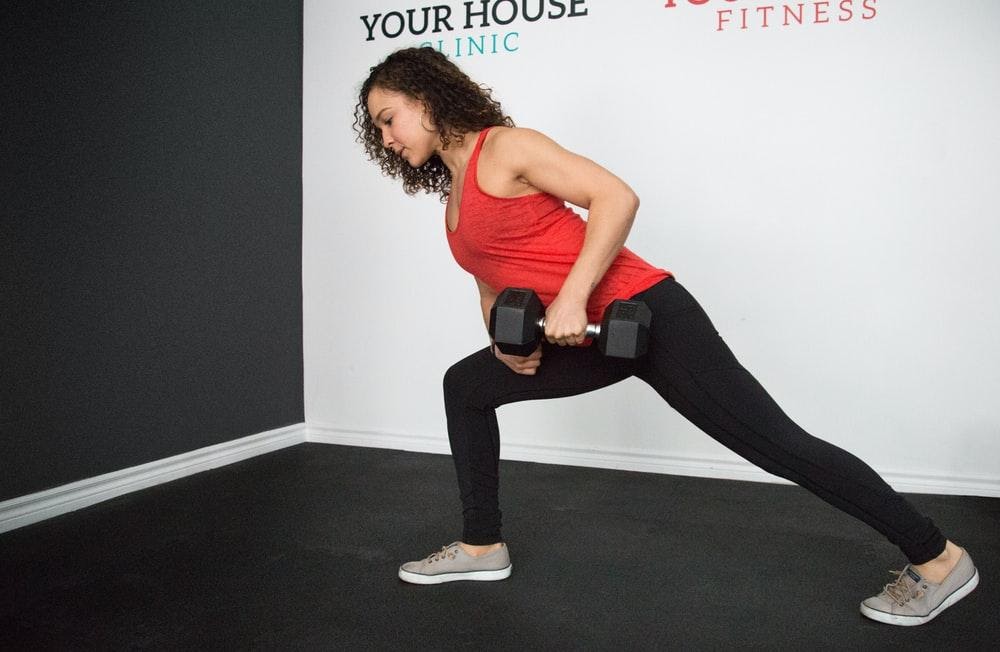If a loved one has recently been diagnosed with Alzheimer’s disease or another form of Dementia, you may be worried about their safety. The memory lapses that occur as a result of Dementia can become a threat to one’s safety if precautionary steps are not taken.
It is important to keep in mind that Dementia is a progressive disease, meaning it gets worse over time. Symptoms can also vary from person to person. Because of this, you must assess the specific needs of your loved one to determine what will and will not be safe for them in the home.
As your loved one continues to live at home with Dementia, here are some things you should consider adjusting in their home to make it as safe as possible for them.
Security and Outdoor Safety
Living with Dementia in Toronto, New York, or other major cities can be scary and dangerous. You may be worried that if your loved one gets out their front door, they will wander off and either get hurt or lost. To avoid this, you should install locks and all doors and windows, along with an alarm that will notify you every time a door or window is opened. This way, you can ensure they are always safe inside the home.
Bathroom Safety
According to the New York Times, “injuries in or near the bathtub or shower account for more than two-thirds of emergency room visits.” To minimize the risk of your loved one slipping in the bathroom, you should install a shower chair and grab bars around the bathroom. Placing a mat in the shower can also help prevent the risk of falling in the shower. A mat should also be placed outside of the tub to minimize the risk of slipping on the way out.
Kitchen Safety
The kitchen is home to many appliances and tools that could potentially be very dangerous to someone living with Dementia. Installing locks on cabinets that contain knives, cleaning supplies, matches or lighters, scissors, and alcohol is a great way to limit their access to these potentially harmful items. You may also want to install safety knobs on their stove so they cannot turn it on and off without supervision.
Bedroom and Living Room Safety
In living spaces like the bedroom and living room, it is important to avoid clutter. This will help to ensure your loved one does not trip or fall over anything on the floor. Limiting décor in these rooms can help create a less confusing environment for people living with Dementia.
Other Safety Tips
- Have emergency contact numbers written beside all telephones.
- Ensure the smoke and carbon monoxide detectors are functioning and that the batteries are frequently changed.
- Lock up any harmful or hazardous products in the home.
- Ensure there is proper lighting throughout the home and that night lights are installed for the evening.
- Lower the temperature on the hot water heater to avoid the risk of burns.
- Cover any electrical outlets that are not in use with plugs.
- Carpet floor wherever possible to cushion the ground should the person fall.






